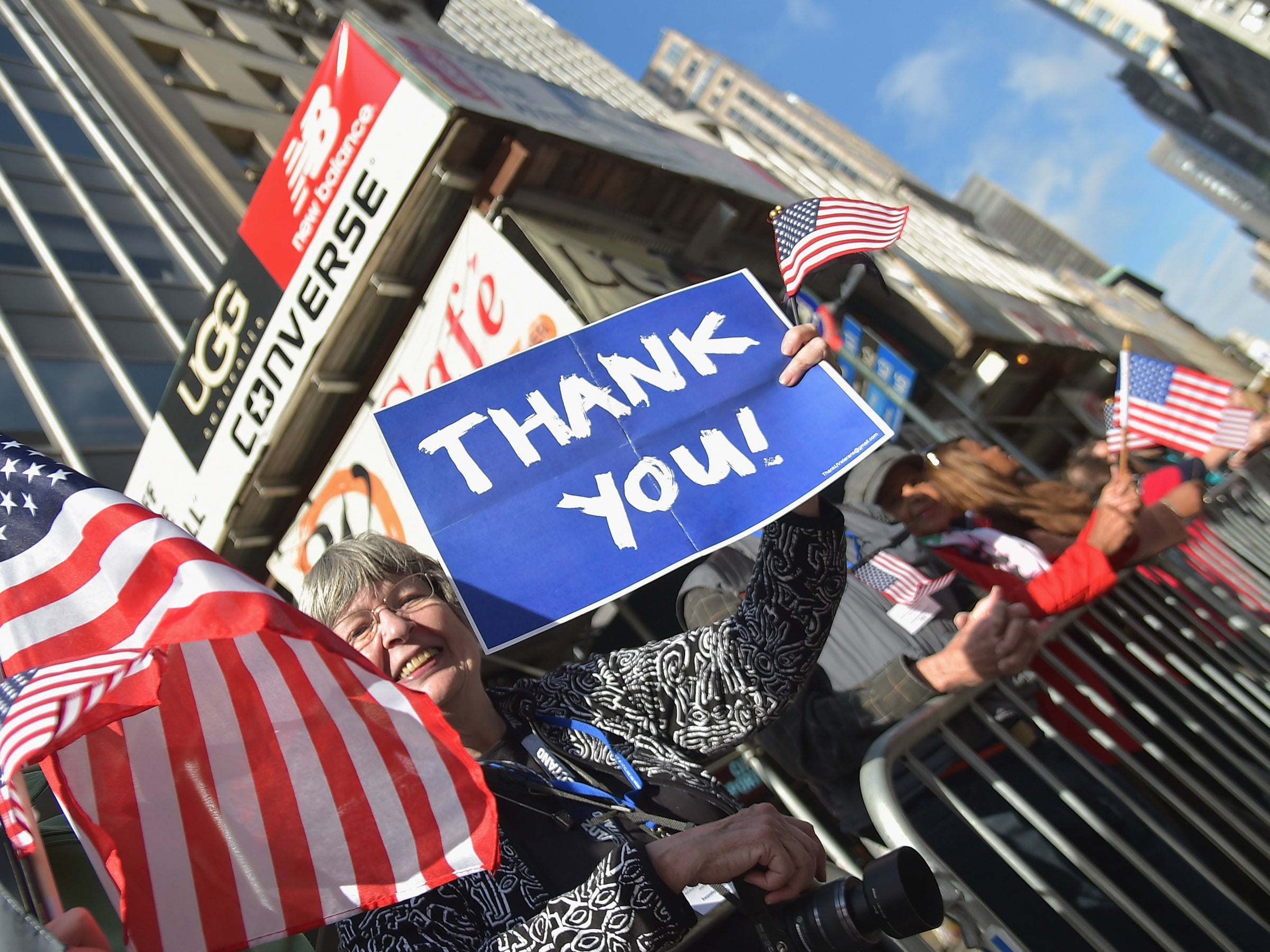Veteran single parents tend to be better off financially than civilian peers but struggle more than other veterans to get health and education benefits, according to a new study released this week.
Researchers from the RAND Epstein Family Veterans Policy Research Institute said the disparities point to the need for more targeted transition services for single-parent veteran households, including more child care and mental health support.
According to census data from 2020, about 12% of veterans reported being a single parent raising one or more children. That’s a slightly lower rate than the general American population, where roughly 18% of adults reported living as a single parent.
Researchers also found that personal income for veteran single parents was much higher than that of their civilian peers — about $42,000 annually for veterans compared to $24,000 for non-veterans. But individual incomes for veterans in two-parent households is about $60,000, more than 40% higher than single parent veterans.
RELATED

Two-parent veteran households also reported higher rates of health insurance coverage, housing assistance and employment success than single parent veteran families, despite both having access to the same array of post-military benefits.
That includes GI Bill benefits. Despite veterans in single-parent households enrolling in college classes at a slightly higher rate than their peers, interviews with RAND staff showed that completing degree programs was significantly more difficult for the solo parents.
“Juggling school and being a full-time parent presents high barriers to completing education and fully using GI Bill benefits guaranteed to veterans,” the report stated. “Key components of the GI Bill make completing a degree difficult for veteran single parents.”
As a result, about 17% of female veteran single parents and 15% of male veteran single parents reported their health as fair or poor. But nearly 20% of women and 15% of men in those groups said they could not see a doctor in the last year because of the cost of medical care.
RAND officials recommended several targeted changes in benefits and outreach designed to help those single parents. For example, education goals might be easier to achieve if Veterans Affairs leaders provided more child care support and adjusted some degree completion requirements, such as relaxing rules regarding in-person class attendance for full GI Bill payouts.
They also said the department needs to do a better job informing veterans how to apply for other federal benefits like the Supplemental Nutrition Assistance Program and federal child care support services.
The full report is available on the RAND web site.
Leo covers Congress, Veterans Affairs and the White House for Military Times. He has covered Washington, D.C. since 2004, focusing on military personnel and veterans policies. His work has earned numerous honors, including a 2009 Polk award, a 2010 National Headliner Award, the IAVA Leadership in Journalism award and the VFW News Media award.





